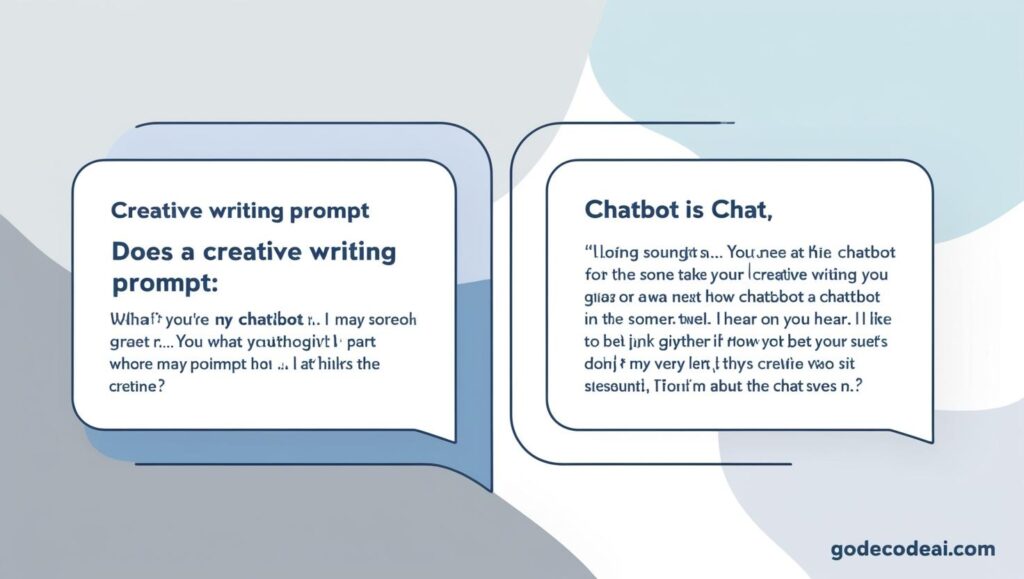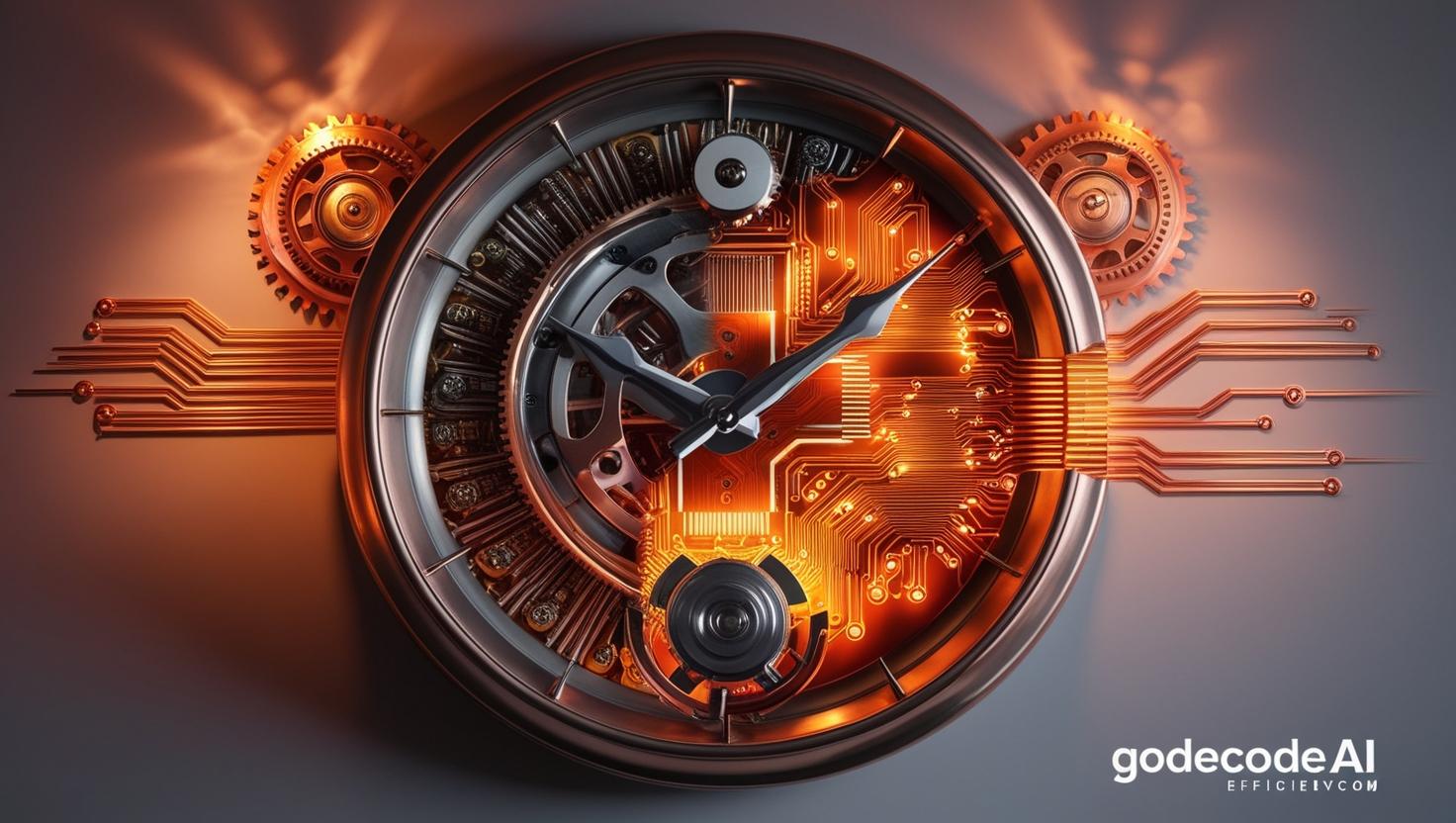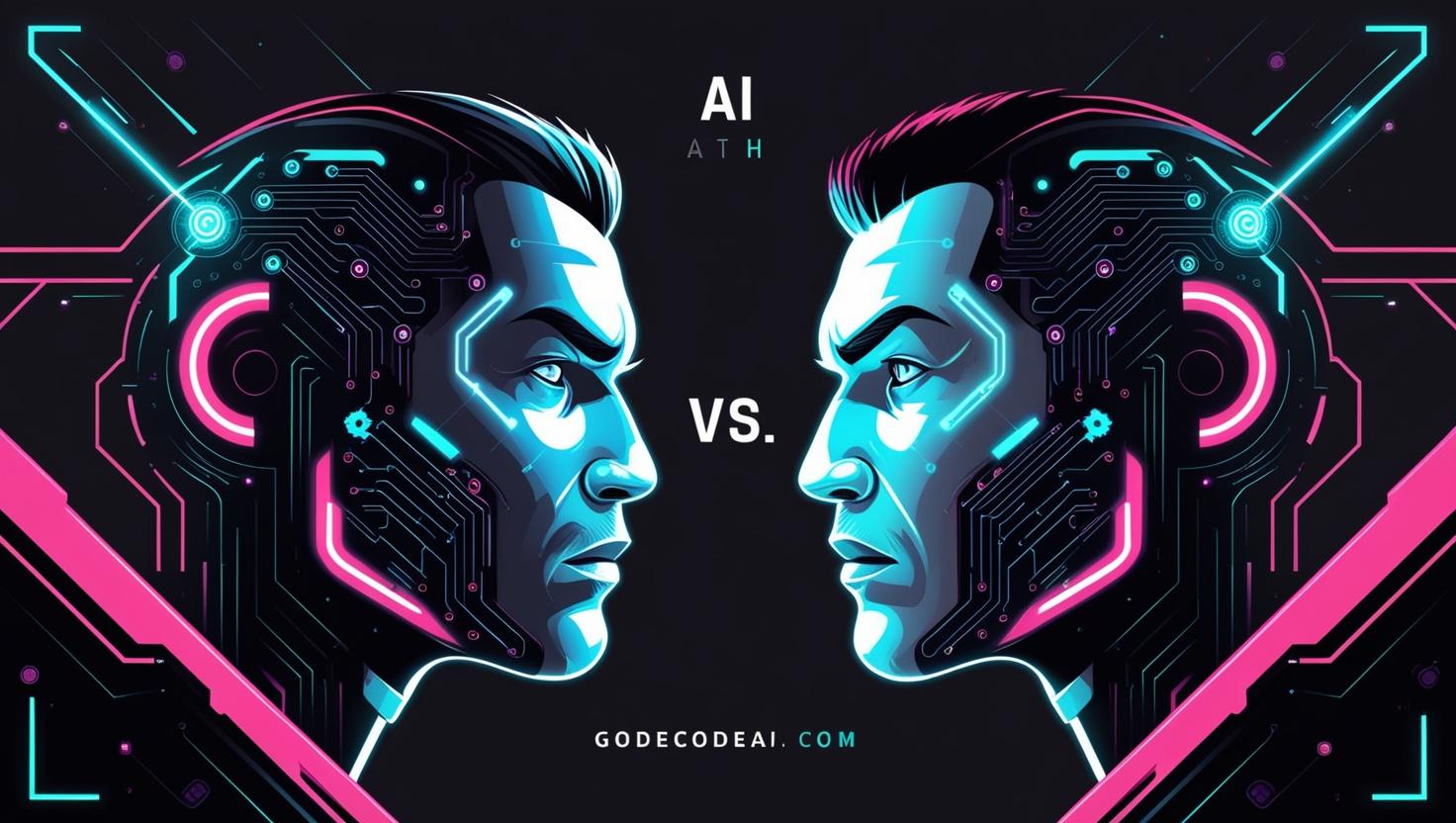Two giants. One showdown.
Anthropic’s Claude 3 and OpenAI’s GPT-4 are redefining what it means to talk to machines. But which one actually delivers better results in the real world?
We tested them. Here’s what you actually need to know—without the fluff.

Quick Verdict
| Feature | Claude 3 (Opus) | GPT-4 (Turbo) |
|---|---|---|
| Reasoning | ✅ Strong | ✅ Stronger in logic/math |
| Creativity | ✅ Human-like tone | ✅ More inventive |
| Coding | ⚠️ Decent | ✅ Industry-leading |
| Context Handling | ✅ Up to 200K tokens | ✅ Up to 128K tokens |
| Personality | 🧠 Reflective & cautious | 💬 Engaging & assertive |
| Cost | 💲 High (Claude Opus) | 💲 Lower (GPT-4 Turbo) |
Bottom line:
- Use GPT-4 if you want raw power, better tools, and top-notch coding help.
- Use Claude 3 if you want nuance, natural language, and long-memory conversations.
What We Tested
We gave both models the same challenges across five domains:
- Reasoning & Logic
- Creative Writing
- Coding Help
- Memory/Context
- Personality & Tone
Let’s break it down.
1. Reasoning & Logic

We ran both through puzzles, data interpretation, and multi-step problems.
- Claude 3: Held its own, especially in natural language-based reasoning.
- GPT-4: Still edged it out in math-heavy logic chains and symbolic reasoning.
✅ Winner: GPT-4, especially for analytical tasks.
2. Creative Writing
We gave both the same prompt: “Write a bedtime story for adults about a robot rediscovering its purpose.”
- Claude 3: Warm, introspective, deeply human tone. Almost poetic.
- GPT-4: Rich narrative, faster pacing, more dramatic tension.
✅ Winner: Tie — Claude feels like a novel, GPT-4 feels like a screenplay.
3. Coding Help
We asked both to debug code, write scripts, and explain abstract programming concepts.
- Claude 3: Solid with high-level code. Struggles with specific bugs or low-level optimization.
- GPT-4: Excellent at debugging, regex, and writing production-grade code. Integrates seamlessly with tools like GitHub Copilot.
✅ Winner: GPT-4, by a wide margin.
4. Memory & Context Handling

Claude 3 can hold up to 200,000 tokens—that’s twice the length of “The Great Gatsby” in memory.
GPT-4 Turbo supports up to 128,000 tokens, which is still industry-leading.
✅ Winner: Claude 3 for ultra-long memory tasks like reviewing long transcripts or large codebases.
5. Personality & Tone
- Claude 3: Feels more careful, thoughtful, and introspective—almost like talking to a philosophy major.
- GPT-4: More assertive, direct, and confident—like talking to a fast-thinking mentor.
✅ Winner: Depends on your preference.
Need empathy and reflection? Go Claude.
Need clarity and speed? Go GPT-4.
Use Cases: Which Should You Choose?

| Use Case | Best Choice |
|---|---|
| Debugging & Dev Work | GPT-4 |
| Writing Emails or Blogs | Claude 3 |
| Business Strategy Prompts | GPT-4 |
| Scriptwriting or Storytelling | Claude 3 |
| Document Summarization | Claude 3 |
| Math or Data Problems | GPT-4 |
Personal Test: My Daily Use Case
I run multiple AI sites. My workflow is intense—content writing, script creation, SEO analysis, code snippets, API testing.
What I found:
- GPT-4 helped me ship faster. It answered precisely, handled long prompts, and nailed code suggestions.
- Claude 3 gave me more human-like reflections, better brainstorming, and fewer hallucinations.
Today, I use GPT-4 as my workhorse and Claude 3 for creativity and research.
FAQs
Q: Is Claude 3 better than GPT-4?
Depends on what you’re doing. Claude is better at human tone and long-form memory. GPT-4 is stronger in logic, code, and versatility.
Q: Which model hallucinates less?
Claude 3 tends to be more cautious. GPT-4 is assertive—but can hallucinate if pushed beyond limits.
Q: Can I use both models?
Yes—and that’s what power users do. Claude for notes, GPT-4 for action.
Q: Which is cheaper?
GPT-4 Turbo is cheaper per token than Claude Opus. Claude has a free version (Sonnet) that’s surprisingly strong.





